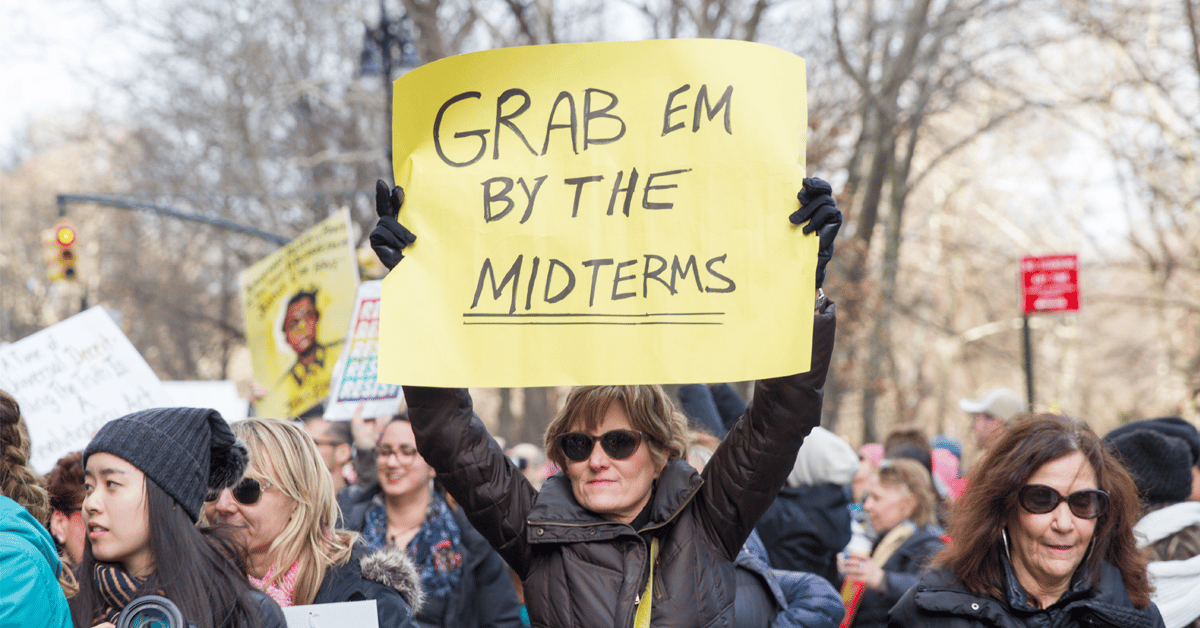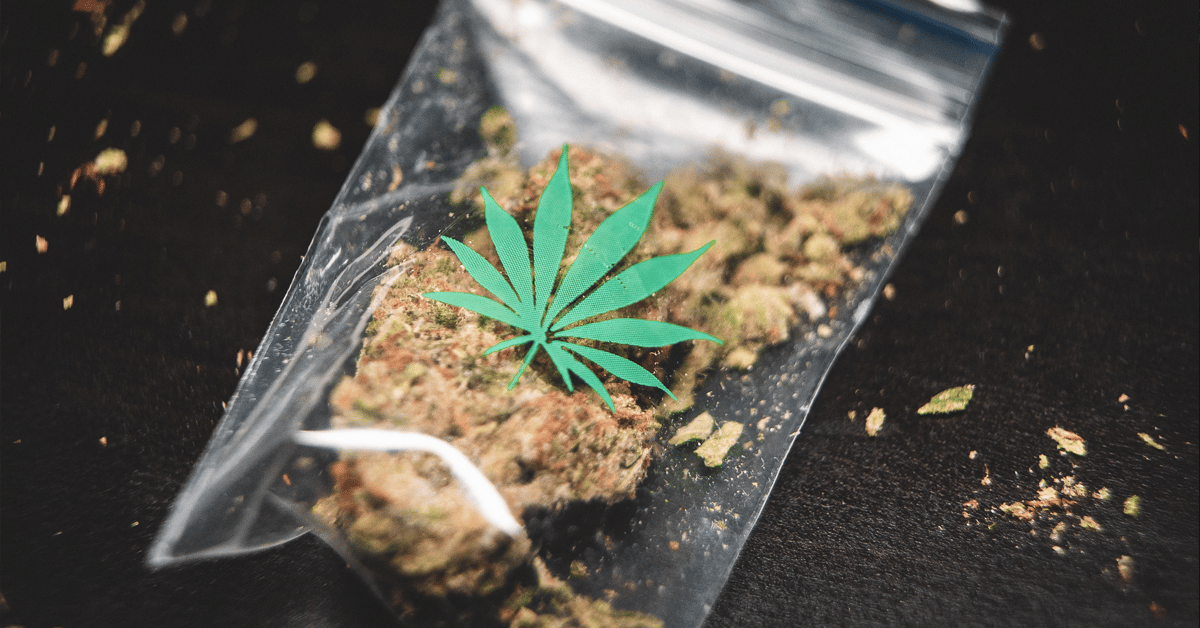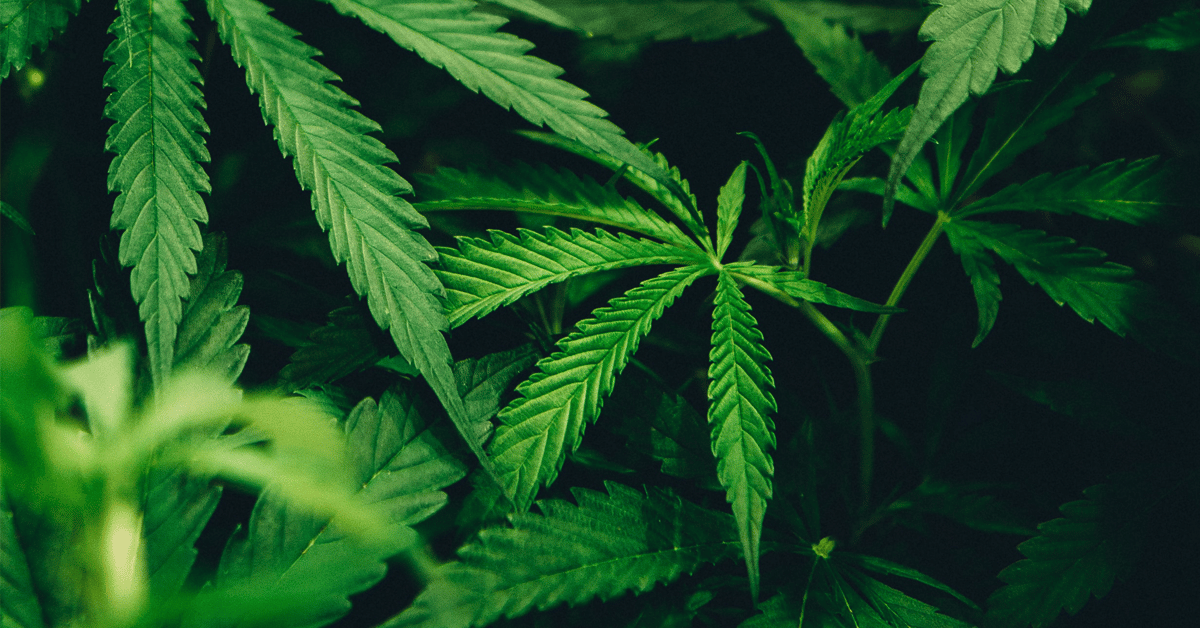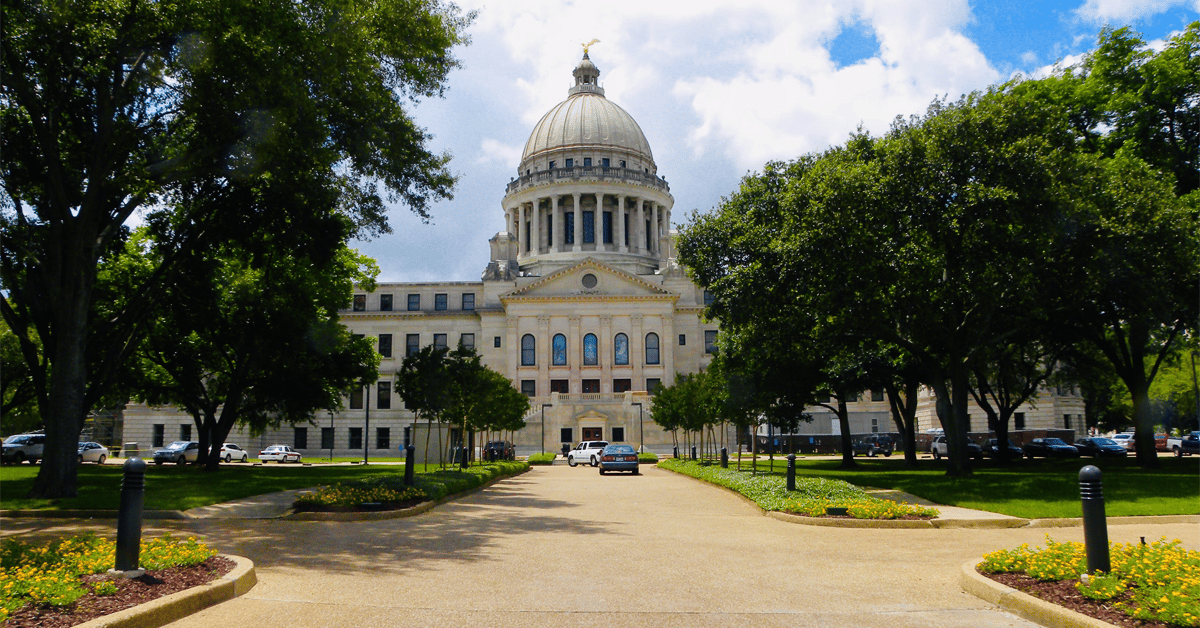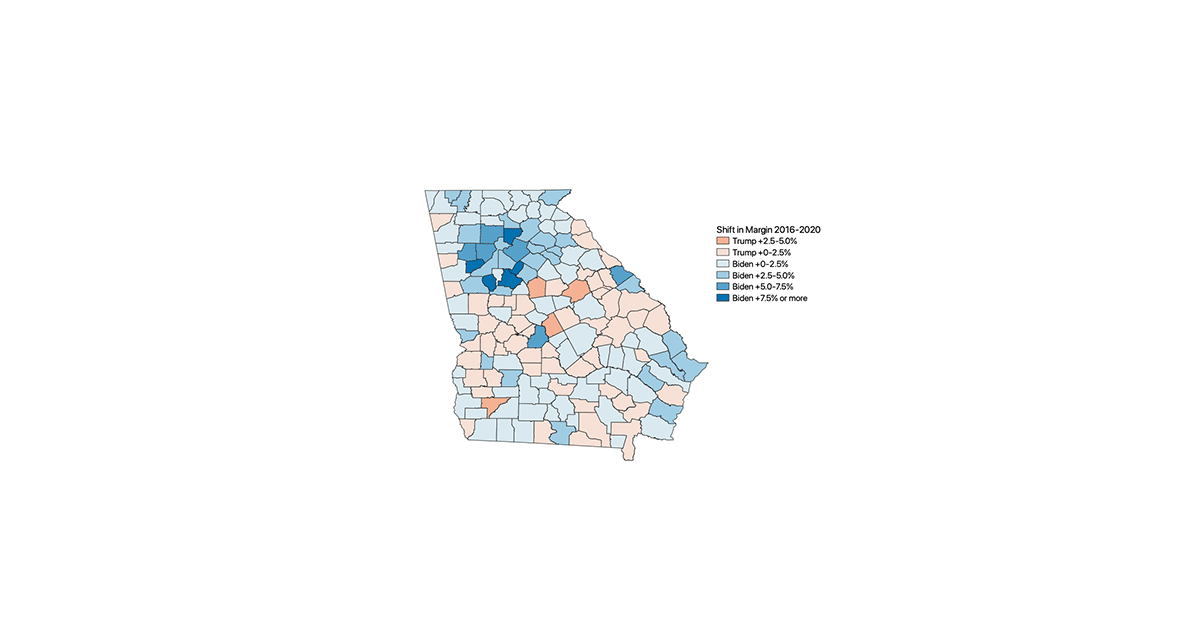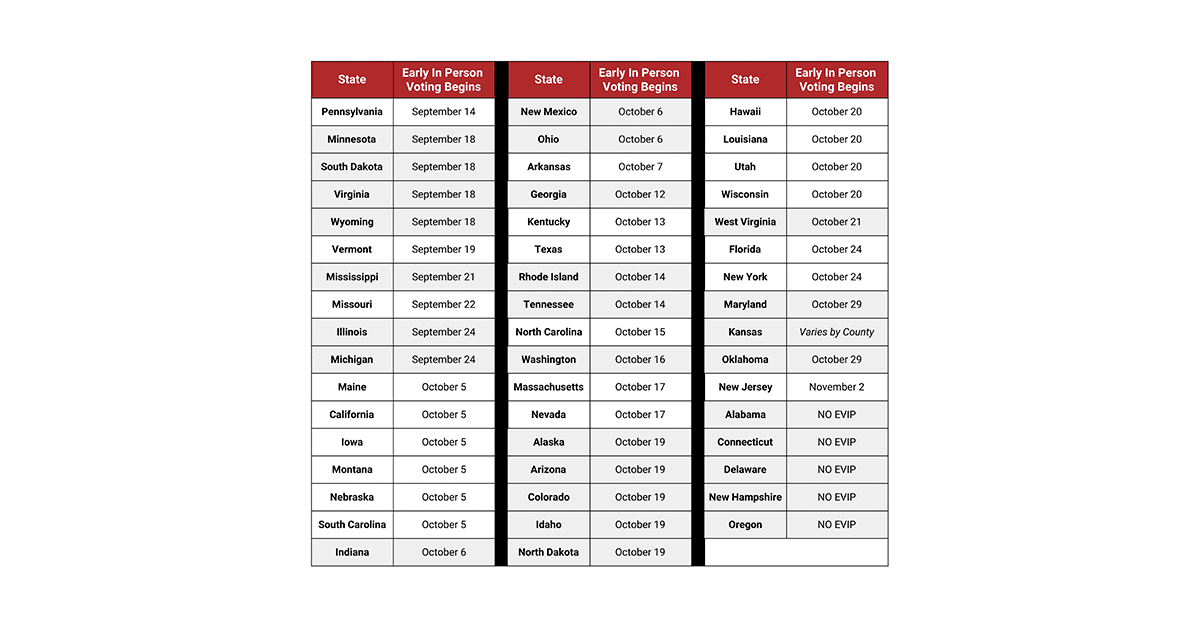In late April, House Democrats proposed new restrictions on gun purchase and ownership to address gun violence. Political practitioners would benefit from the reminders in the recent Pew Research.(May 2021).
Brannon Miller, Author at Chism Strategies - Page 4 of 6
In late May, the EEOC updated rules about requiring vaccines to return to work. While employers can require in-person workers (but not remote workers) to get vaccinated, there are limits. Among other things, businesses must make accommodations for the ADA and can’t make one’s vaccine status public information.
A majority of Mississippi voters—over 63%—want the legislature to enact a medical marijuana law that mirrors the one passed by voters last November but was nullified by the State Supreme Court’s recent ruling regarding flaws with the state’s ballot initiative process, according to the latest State of the State Survey conducted by Millsaps College and Chism Strategies.
Today our firm surveyed likely Mississippi voters to gauge public opinion on the recent decision by the Mississippi Supreme Court to invalidate Initiative 65. Our sample of 905 has a margin of error of +/- 3.26%. We used IVR surveys to reach landlines (44% of sample) and SMS technology for voters using mobile phones (56% of sample.)
Many Mississippians have reconsidered their plans regarding whether they intend to receive the COVID-19 vaccination, as 63% of voters say they will definitely or probably get vaccinated while another 13% report already being vaccinated. Of the remaining voters surveyed in the latest Millsaps College/Chism Strategies State of the State survey, 20% report they probably or definitely will not get vaccinated and 5% are unsure at this time. This represents a monumental shift from the January 5, 2021 State of the State Survey, which found nearly 50% saying they may refuse to receive the vaccine or were unsure about it.
Since the last mayoral election, the city of Atlanta has seen dramatic growth in voter registration and some change in the demographic and partisan composition of the city’s electorate. These changes can be attributed to a polarizing Trump presidency, Stacey Abrams’ 2018 campaign, her New Georgia Project and the ground games of America Votes & c3 organizations in the leadup to the 2020 elections. There will likely be over 100,000 more Atlantans registered to vote this year than there were four years ago.
An alarming number of Mississippi voters, nearly 50%, say they may refuse to receive the COVID-19 vaccine or are unsure if they will get it when it becomes available to them, and just over half report they will either definitely or probably receive the vaccine. The findings of the newly released Millsaps College/Chism Strategies State of the State Survey illustrate the challenges that lie ahead for state leaders, public health officials and leaders in the medical profession who are attempting to combat the coronavirus, slow its spread and convince Magnolia Staters that they should take the virus—and the vaccine—as seriously as possible.
In the final tally, Espy received 44.1% of the vote statewide, compared to 41.1% for Biden. Espy received over 578,000 votes, the highest number ever received by a Democrat in a federal election in Mississippi’s history.
2020 turnout has already surpassed all elections since 1908, and votes are still being counted. The Washington Post projects 66.5% of eligible voters participated in the 2020 election. The last time turnout reached that level was in 1900, “when 73.7% of eligible Americans cast ballots”—and back then, the pool of eligible voters was significantly smaller than it is now, as women and many minority groups were not allowed to vote. 42 states + D.C. broke their 40-year turnout records. The last time turnout was anywhere near this 2020 election, it was 1960, when 63.8% of eligible voters cast ballots.
Today marks the first day of early in-person voting in the 2020 General Election. Pennsylvania, with it’s highly contested 20 electoral votes, is first out of the gate.

